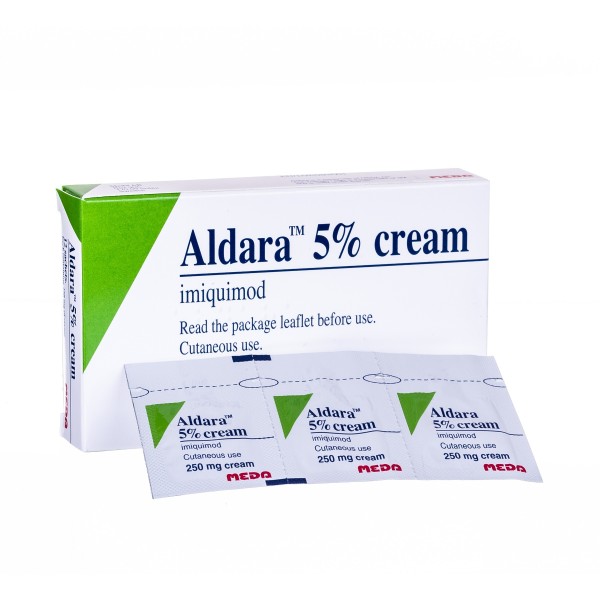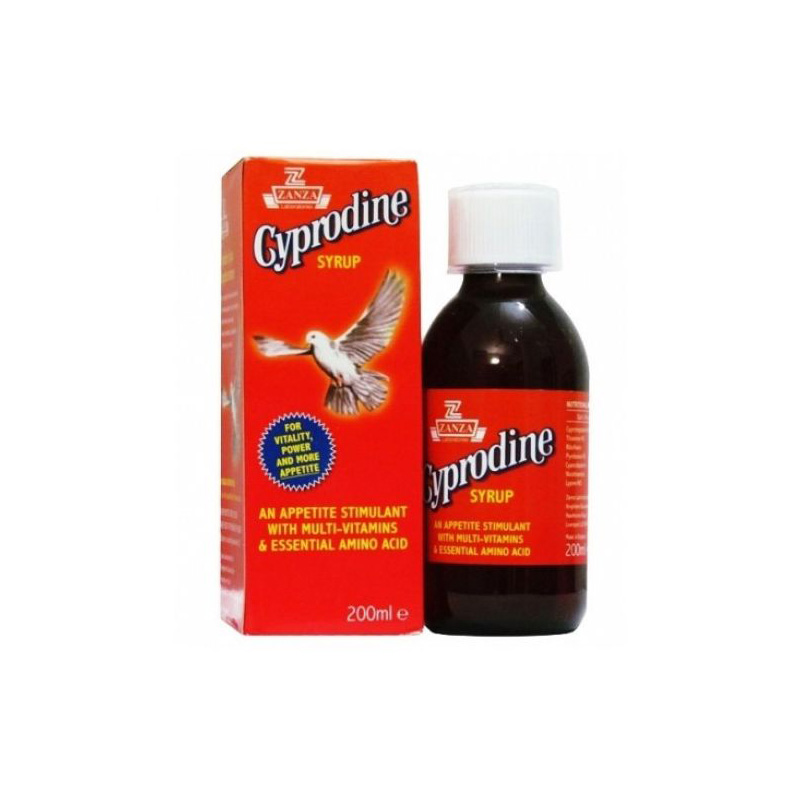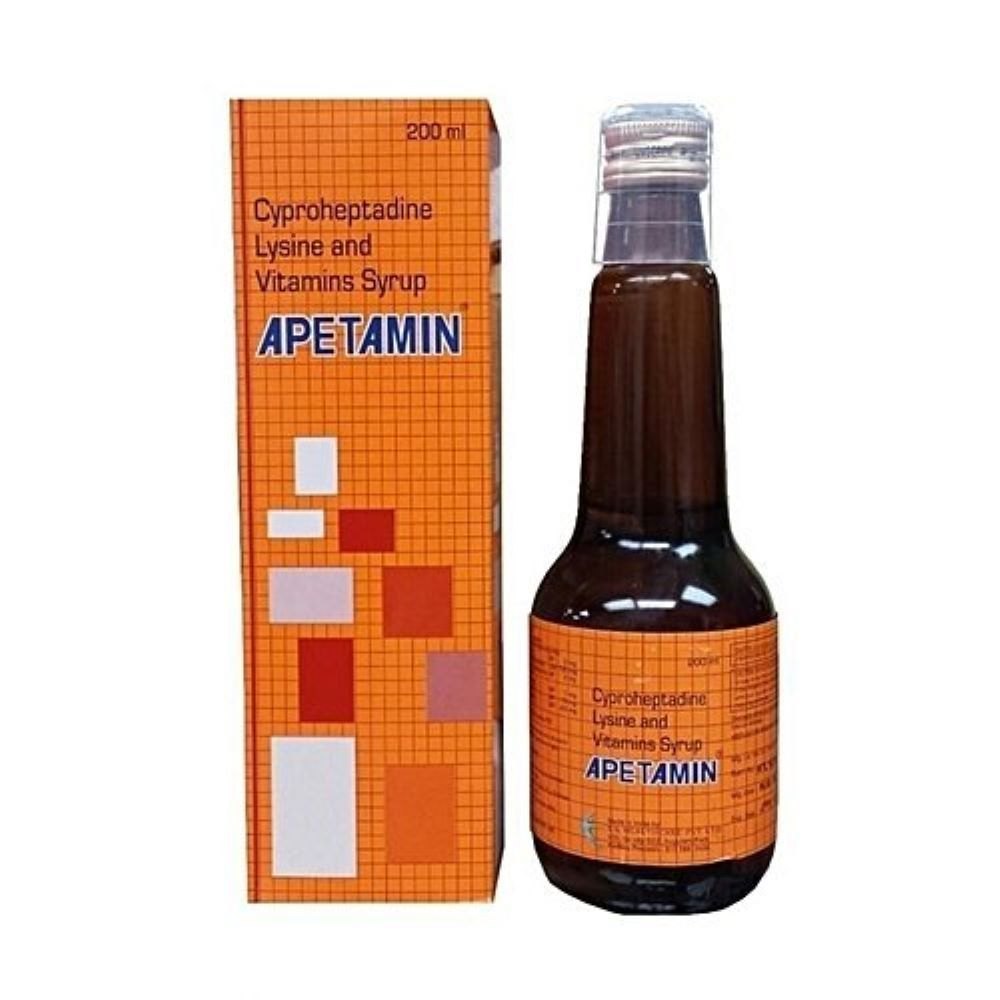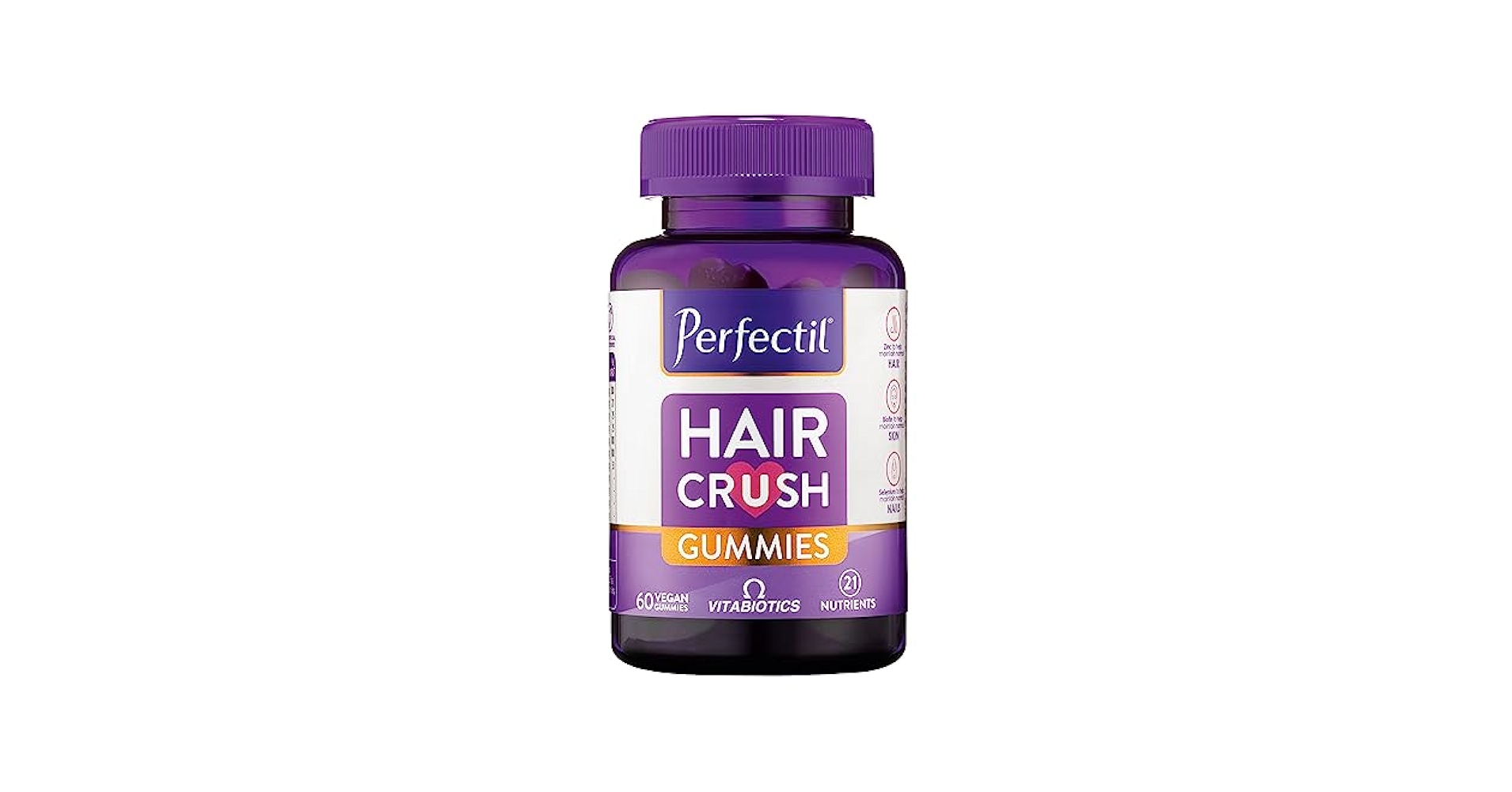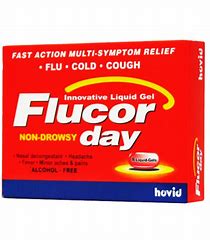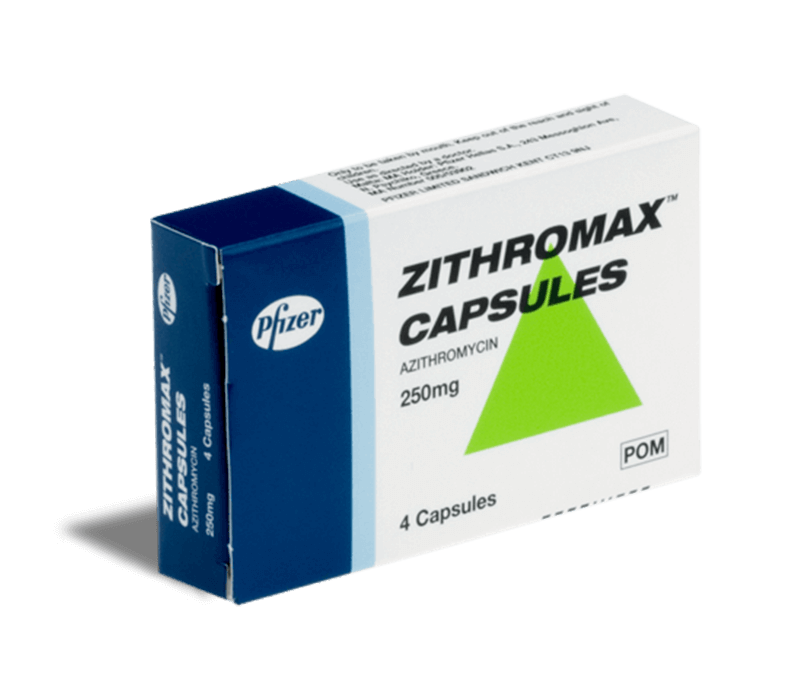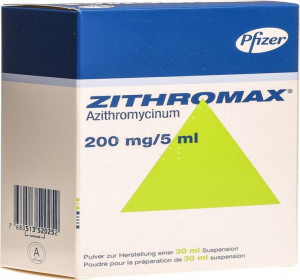Prescription Medication, Warts & Verrucas
Aldara (imiquimod) Cream (sachets)
-
 Get 10% discount on your next order. Order now to qualify.
Get 10% discount on your next order. Order now to qualify.
-
 Get 20% cashback on apple app store. Use code P056
Get 20% cashback on apple app store. Use code P056
DELIVERY & RETURNS
Free shipping offer on Pilldoctor and get exclusive offers.
Location
-

Door Delivery Fastest delivery to the door for only 2 days. Don't miss exclusive offer.
-

Pickup Station Fastest delivery to the door for only 2 days. Don't miss exclusive offer.
-

Return Policy Fastest delivery to the door for only 2 days. Don't miss exclusive offer.
Description
Aldara (imiquimod) is an immune response modifier. Aldara is used to treat actinic keratosis (a condition caused by too much sun exposure) on the face and scalp.
Aldara (for the skin) is also used to treat a minor form of skin cancer called superficial basal cell carcinoma, when surgery would not be an appropriate treatment.
Aldara also treats genital warts that appear on the outside of the body, but this medicine is not a cure for genital warts. Imiquimod may be used in adults and children who are at least 12 years.
Aldara may also be used for purposes not listed in this medication guide.
Important information
Using too much Aldara, or using it for too long can increase your risk of severe skin reactions. Follow your doctor’s instructions.
Do not use Aldara on areas of broken, wounded, or burned skin (including sunburn).
Before using Aldara, tell your doctor if you have a weak immune system, an autoimmune disorder, graft-versus-host disease, or if you have recently received a bone marrow transplant or cord blood transplant.
When treating genital warts around the vagina, avoid getting the cream on the more sensitive inner layers of vaginal tissue. This could result in vaginal swelling or irritation and painful urination. Avoid exposure to sunlight or tanning beds. Aldara can make you sunburn more easily. Wear protective clothing and use sunscreen (SPF 30 or higher) when you are outdoors.
Aldara is not a cure for genital warts and it may not keep you from spreading this condition to others through vaginal, anal, or oral sex. You may develop new lesions during treatment with Aldara. For best results, keep using the medicine for the entire length of time prescribed by your doctor.
Imiquimod will not protect against sexually transmitted diseases such as chlamydia, gonorrhea, herpes, HIV, syphilis, and trichomoniasis.
If you are treating the genital or rectal area with Aldara, avoid sexual activity while the medicine is on your skin. Aldara can weaken the rubber that condoms or diaphragms are made out of. If you use a condom or diaphragm for birth control, these items could break if the rubber weakens and an unplanned pregnancy could result.
How to use Aldara Cream In Packet
Read the Patient Information Leaflet provided by your pharmacist before you start using imiquimod and each time you get a refill. If you have any questions, ask your doctor or pharmacist.
Use this medication on the skin only. Apply this medication to the affected area(s) as directed by your doctor, usually just before you go to sleep for the night. If you are using the single-use packets, use a new packet for each dose. If you are using the pump, prime the pump as directed before using it for the first time.
Before applying, wash your hands and the area to be treated with mild soap and water. Dry the area well. Apply a thin layer of medication on the affected area(s) as directed and rub in. Wash your hands with soap and water after each application. Do not cover the treated area with bandages or waterproof coverings. However, you may cover the area with cotton gauze, or wear cotton underwear if treating the genital area. Leave the cream on overnight, usually for about 8 hours if treating actinic keratoses or basal cell carcinoma, or 6 to 10 hours for warts. Do not shower or bathe during this time. In the morning, wash the treated area with soap and water to remove the cream. Do not leave imiquimod cream on longer than prescribed.
The dosage and length of treatment is based on your medical condition and response to treatment. When treating actinic keratoses, this medication is usually applied twice a week for 16 weeks. When treating superficial basal cell carcinoma, this medication is usually applied 5 times a week for 6 weeks. When treating warts, this medication is usually applied 3 times a week for up to 16 weeks. Use this medication regularly to get the most benefit from it. To help you remember, it may help to mark your calendar.
Do not apply this medication in the eyes, nose, mouth, rectum, or vagina. If you get this medication in those areas, flush with plenty of water. If irritation occurs, contact your doctor right away.
Tell your doctor if your condition lasts or gets worse, or if new growths appear during treatment.
Before using Aldara
To make sure you can safely take Aldara, tell your doctor if you have any of these other conditions:
- sunburn or other skin problems;
- a weak immune system or autoimmune disorder;
- graft-versus-host disease;
- if you have recently been treated for actinic keratosis or genital warts with surgery or other medications; or
- if you have recently received a bone marrow transplant or cord blood transplant.
FDA pregnancy category C. It is not known whether Aldara will harm an unborn baby. Tell your doctor if you are pregnant or plan to become pregnant while using this medication. If you are treating the genital or rectal area with Aldara, avoid sexual activity while the medicine is on your skin. Aldara can weaken the rubber that condoms or diaphragms are made out of. If you use a condom or diaphragm, these items could break if the rubber weakens, and an unplanned pregnancy could result. It is not known whether imiquimod passes into breast milk or if it could harm a nursing baby. Do not use this medication without telling your doctor if you are breast-feeding a baby. Do not use this medicine on a child younger than 12 years old. Aldara is for use in treating genital warts in patients who are at least 12 years old. All other uses of this medication are for adults over 18 only.
Side Effects
Treatment area reactions may include redness, swelling, itching, burning, pain/tenderness, thickening/hardening of the skin, peeling/flaking/scabbing/crusting, or leaking a clear fluid. Also, changes in skin color may occur and may not go away. If any of these effects persist or worsen, tell your doctor or pharmacist promptly.
If the skin reaction is severe (bleeding, formation of sores/blisters/ulcers), imiquimod may need to be temporarily stopped so that the skin can heal. Follow your doctor’s directions.
Flu-like symptoms (such as fever, tiredness, muscle aches), runny/stuffy nose, cough, diarrhea, nausea, and back pain may also occur. If any of these effects persist or worsen, tell your doctor or pharmacist promptly.
Remember that your doctor has prescribed this medication because he or she has judged that the benefit to you is greater than the risk of side effects. Many people using this medication do not have serious side effects.
Tell your doctor right away if any of these unlikely but serious side effects occur: swollen glands (lymph nodes), new unusual skin growths/changes, chest pain, trouble urinating.
A very serious allergic reaction to this drug is rare. However, seek immediate medical attention if you notice any symptoms of a serious allergic reaction, including: rash, itching/swelling (especially of the face/tongue/throat), severe dizziness, trouble breathing.
This is not a complete list of possible side effects. If you notice other effects not listed above, contact your doctor or pharmacist.
Precautions
Before using imiquimod, tell your doctor or pharmacist if you are allergic to it; or if you have any other allergies. This product may contain inactive ingredients, which can cause allergic reactions or other problems. Talk to your pharmacist for more details.
Before using this medication, tell your doctor or pharmacist your medical history, especially of: recent/unhealed surgery on the skin area to be treated, immune system problems (including HIV infection), a certain complication of bone marrow or some organ transplants (chronic graft-versus-host disease), autoimmune diseases (such as rheumatoid arthritis, scleroderma, lupus).
This medication may make you more sensitive to the sun. Limit your time in the sun. Avoid tanning booths and sunlamps. Use sunscreen and wear protective clothing when outdoors. Tell your doctor right away if you get sunburned or have skin blisters/redness.
Genital/anal warts are caused by a virus called human papillomavirus (HPV). Since imiquimod does not destroy the virus but only helps to eliminate the wart, new warts may form, even while you are being treated. You may also be able to infect any sexual partner who comes into contact with the areas of skin infected with HPV.
To reduce the risk of spreading HPV to others, always use effective barrier protections (such as latex or polyurethane condoms, dental dams) during all sexual activity. Consult your doctor or pharmacist for more details.
During treatment of genital/anal warts, avoid all sexual contact while the cream is on the skin. Condoms, dental dams, and diaphragms may be weakened by the cream, and therefore they may not work as well to prevent pregnancy or spreading of HPV or HIV.
During pregnancy, this medication should be used only when clearly needed. Discuss the risks and benefits with your doctor.
It is unknown whether this drug passes into breast milk. Consult your doctor before breast-feeding.
Interactions
Drug interactions may change how your medications work or increase your risk for serious side effects. This document does not contain all possible drug interactions. Keep a list of all the products you use (including prescription/nonprescription drugs and herbal products) and share it with your doctor and pharmacist. Do not start, stop, or change the dosage of any medicines without your doctor’s approval.
Overdose
This medicine may be harmful if swallowed. If someone has overdosed and has serious symptoms such as passing out or trouble breathing, call 112. Otherwise, call pilldoctor on +233267000104
Notes
Do not share this medication with others.
Keep all medical appointments.
Missed Dose
If you miss a dose, wait until the next night to apply it. Do not double the dose to catch up. Continue with your regular scheduled doses as directed.
Storage
Do not freeze. Discard any medication that has been frozen. Do not store in the bathroom. Keep all medications away from children and pets.
Do not flush medications down the toilet or pour them into a drain unless instructed to do so. Properly discard this product when it is expired or no longer needed. Consult your pharmacist.
Product Ratings
Highest Ratings
There are no reviews yet.

